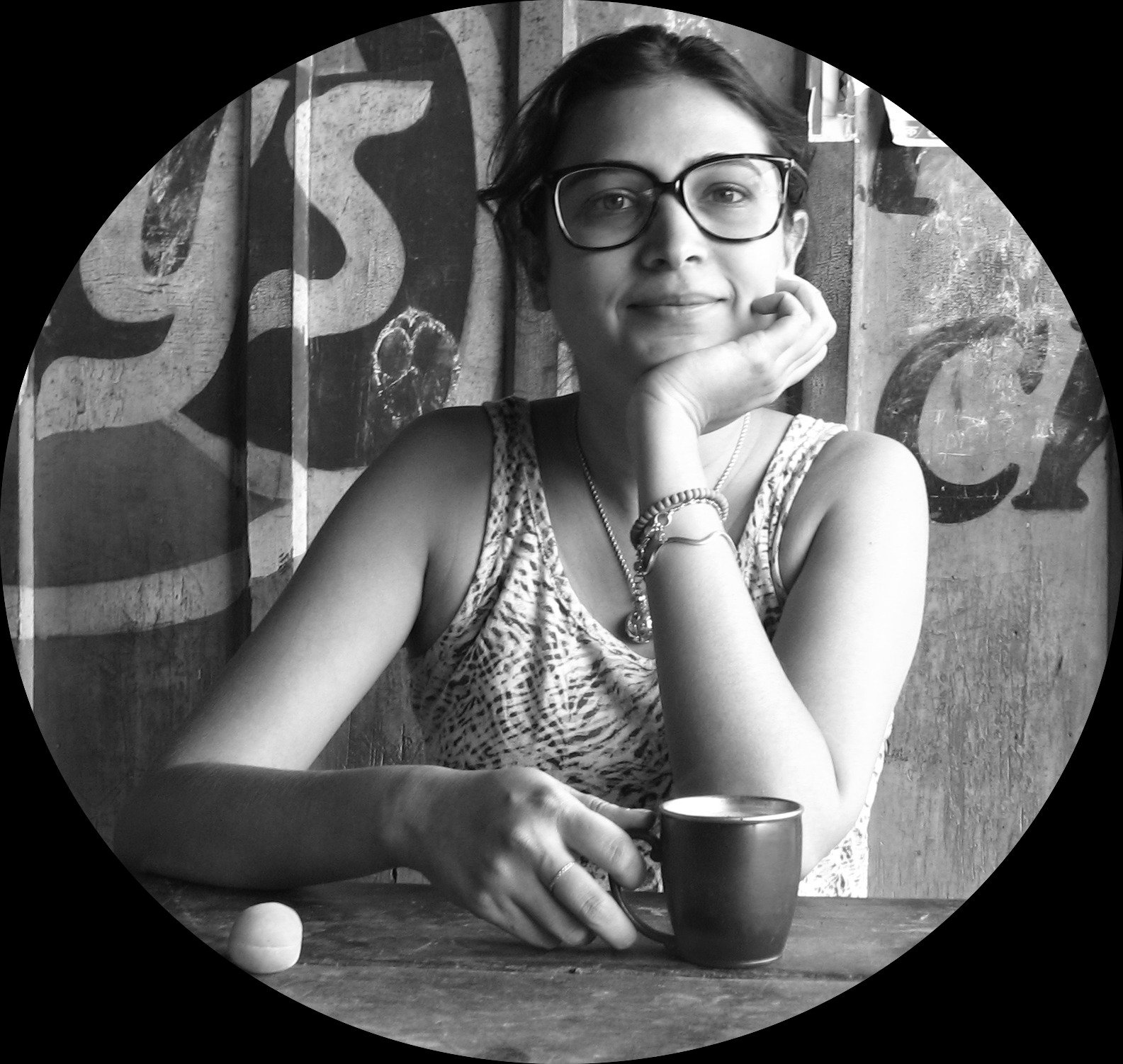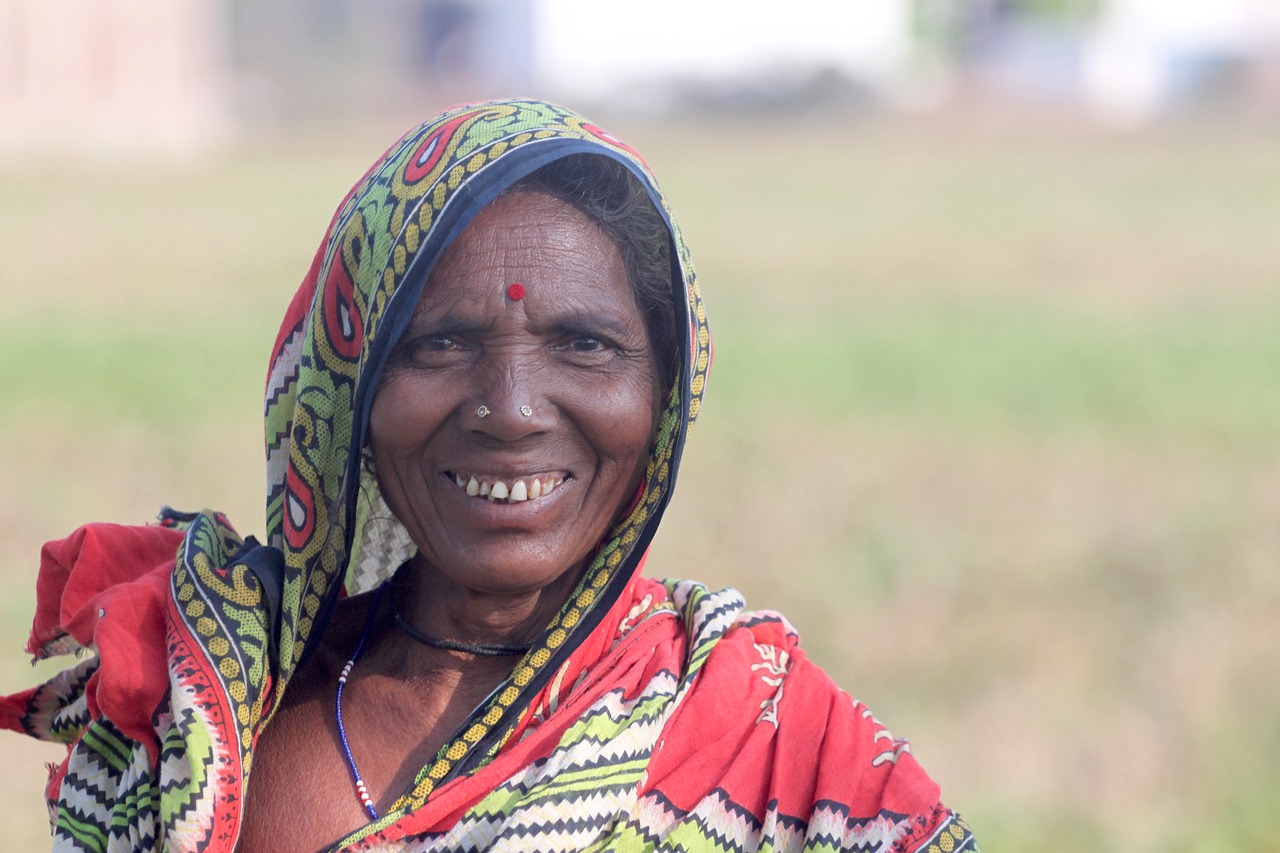LIKE many other tribal children, Sibani Wadaka was born prematurely and weighed only 1.4 kgs at birth. Her mother visited several district hospitals in Odisha to improve the infant’s health and increase her chances of survival. She was even kept under observation at the Christian Medical (CHB), Bissam Cuttack for 13 days but her condition did not improve. After long stays away from their village and due to financial difficulties Sibani’s mother returned home.
It was only when Anganwadi workers intervened that Sibani’s mother continued to follow-up with the doctors and at last the family agreed to admit the baby again. After two weeks in the hospital, Sibani slowly started to show signs of improvement – gained weight and became active. She was eventually discharged and prescribed medicines for full recovery and growth.
Unfortunately, this scenario is far too common in regions with a large tribal or Adivasi population. Many children living in tribal belts across India do not survive infancy. And for those who make it, growing up is an everyday struggle due to impoverishment and lack of basic nutrition. The National Family Health Survey 4 found around 48% of tribal children under the age of five are malnourished. Acute malnutrition leads to stunted growth and these infants and toddlers are highly vulnerable to diseases and have poor overall development.
COVID-19 exacerbated tribal children’s nutrition
Young children from backward or marginalised Adivasi communities have limited food access. A study by UNICEF concluded that 85% of the children consumed grains and roots but only 30% among them consumed adequate protein through meat, fish, liver, etc. The data also cited that only 58% of the children consumed Vitamin A rich fruits and vegetables.
Holistic nutrition has been a big challenge for tribal children in various Indian states but the onset of the Coronavirus has made it even more difficult for them to get proper nutrition. The Anganwadi centres were closed down during the lockdown period which temporarily disrupted the crucial nutrition services for children under the age of five and pregnant women.

State governments and NGOs have been working continuously to provide dry rations, including eggs, to families. However, only 40% of children were consuming a minimally acceptable diet, claimed experts from UNICEF.
Seva Kutirs by Parivaar
Now a new intervention by our NGO partner Parivaar in Madhya Pradesh, with a large population of tribal children, provides hope. Known for its impact on the wellbeing of destitute children in West Bengal, Parivaar has set up centres to give deprived children two healthy meals a day and the learning support they deserve. It currently runs 189 child day boarding centres known as Seva Kutirs for 20,000 children.
Madhya Pradesh is home to acutely malnourished children in the country. Almost 60% of the children here do not get nutritious food. In some destitute tribal areas, the condition is even worse where nearly 90% of children are alarmingly undernourished.
When it comes to education, despite a high enrolment rate of 97% in government schools, the learning outcomes have remained dismal. In the most deprived tribal pockets, the children are first-generation school-goers. Therefore alternate spaces to supplement school learning, socialisation, and holistic development of the children are required.
Support Parivaar to fight malnutrition and illiteracy
Parivaar endeavours to set up 500 Seva Kutirs by December 2023 to serve 50,000 of the poorest of poor tribal children of Madhya Pradesh. Your contribution to this fundraiser will help the children get two nutritious and wholesome meals a day, receive supplementary education and holistic development through extracurricular and sports activities.
To provide these, the average cost per child per year in a Seva Kutir is around ₹12,500. Nutrition and education are every child’s rights. Support Parivaar‘s efforts to break the cycle of poverty and build an India where every child gets access to equal opportunities – donate here.
–
Give’s mission is to “make giving bigger and better.” Give is the most trusted donation platform in India for fundraisers and crowdfunding campaigns. Through our technology solutions, we enable individuals and organisations to fundraise and donate to a cause, charity or NGO with trust and convenience. Give’s community of 2.7M+ individual donors and 300+ organisations supports 3,000+ verified nonprofits with 80G deduction and serves 15M+ people across India. Find a fundraiser today!

Samar is a Marcoms specialist and freelance writer. She has a master’s in marketing and creativity from ESCP Business School. She is an avid traveller and likes to write about technology, travel, wildlife and sustainability.
Discover more from
Subscribe to get the latest posts sent to your email.


Financial loss affects children’s education nowadays. In this pandemic year, many children have been experiencing a lack of education and resource to invest in digital learning. Here we have to support to raise their education.